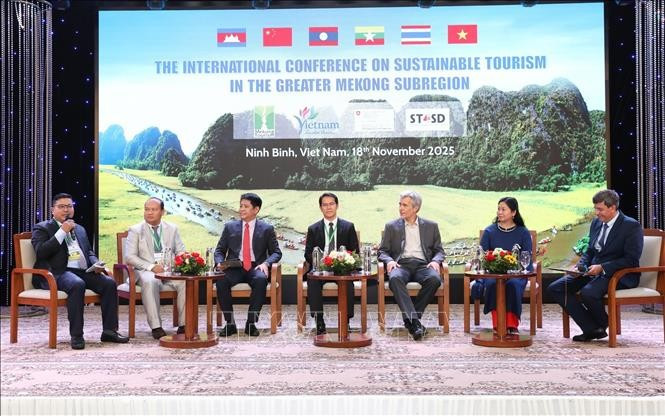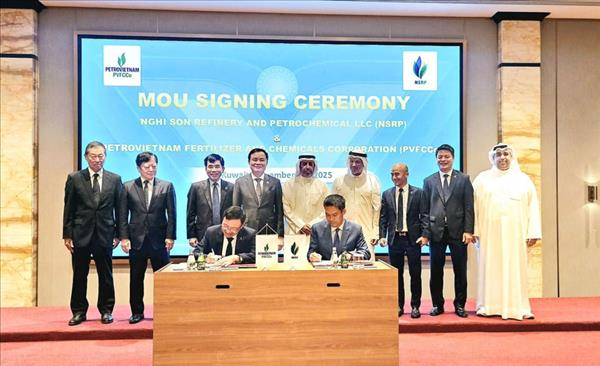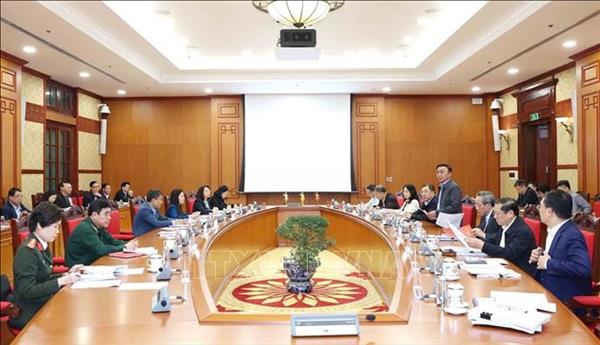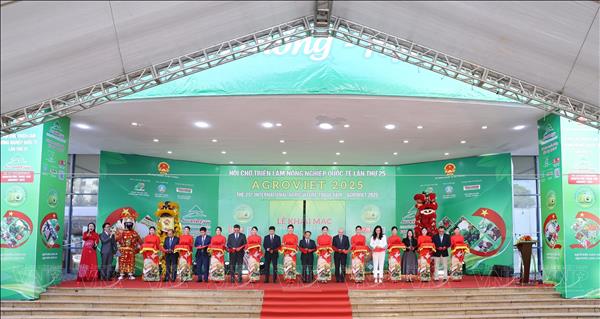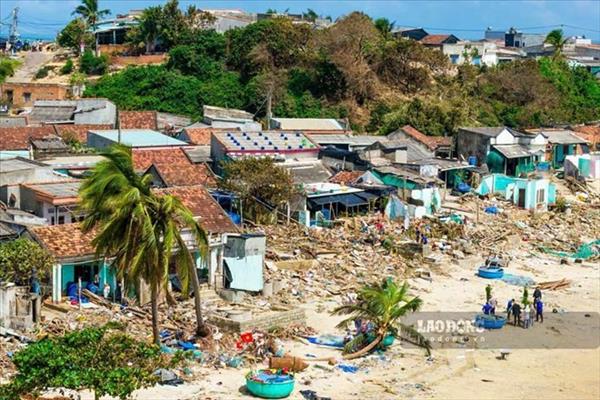Vietnam has reiterated its commitment to deepening cooperation with Greater Mekong Subregion (GMS) countries in data sharing, joint research and coordinated action to achieve shared sustainable development objectives, Deputy Director General of the Vietnam National Authority of Tourism (VNAT) Ha Van Sieu has affirmed.
Addressing the opening of the International Conference on Sustainable Tourism Development in the GMS held on November 18 in Ninh Binh province, Sieu emphasised that Vietnam continues to stand out as a prominent and competitive destination in the region.
In the first 10 months of 2025, the country welcomed 17.2 million international arrivals, a 22% increase from the same period in 2024. He highlighted that sustainable tourism has evolved from a global trend into a defining direction for the tourism sector, making the development of green, inclusive and responsible tourism an urgent priority. Sustainable tourism, he noted, is essential not only for environmental and cultural protection but also for maintaining long-term competitiveness.
The adoption of the GMS Tourism Development Strategy toward 2030 represents a significant milestone and sets a new trajectory for regional tourism cooperation. Vietnam is rolling out its 2023–2025 Green Tourism Development Programme, targeting sustainable destinations and models, accelerating digital transformation, reducing greenhouse gas emissions and ensuring tourism benefits are shared fairly with local communities.

According to Bui Van Manh, Director of the Ninh Binh Department of Tourism, as an active member of the GMS, Vietnam, including Ninh Binh, remains steadfast in its commitment to green, sustainable, inclusive and responsible tourism development. With its guiding principle of “honouring nature”, Ninh Binh is implementing a range of solutions to build a “Ninh Binh green tourism space”, expand eco-tourism and community-based tourism, and promote harmony between rural and urban areas through buffer zones between heritage sites and cities.
The province is also embracing digital transformation in destination management and deepening international cooperation, particularly in product connectivity and data sharing with GMS localities. Manh said Ninh Binh hopes to work with GMS partners to explore the development of a Mekong heritage tourism route, enhancing shared value and strengthening the region’s overall profile.
Etienne Jenni, Programme Manager for Trade Promotion at the Swiss State Secretariat for Economic Affairs (SECO), said Switzerland aims to promote tourism growth that delivers long-term economic, social and environmental benefits by improving policy frameworks, applying internationally recognised sustainability standards, enhancing the capacity of private tourism enterprises and developing advanced tourism and hospitality management skills.
Discussions at the conference mainly focus on awareness and experience in sustainable tourism development in GMS countries, and GMS vision and actions for advancing sustainable tourism. Delegates shared successful tourism models, international standards that should be adopted, and ways to mobilise resources and boost international cooperation in the field; shaped a common vision and objectives for 2030; and underscored the role of the Mekong Tourism Coordinating Office and the active participation of all stakeholders in implementing the region’s shared strategy./.

